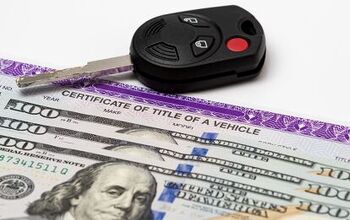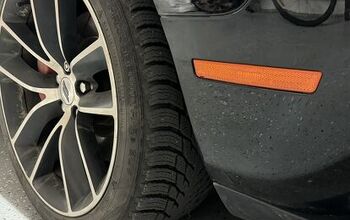Moody's: Underwriting Standards, Borrower Credit Declining
The global outlook for Auto Back Securities (ABS) is steady – except in North America, where underwriting standards and borrower credit are slipping.
The latest news comes from ratings agency Moody’s, which issued a new report on the popular investment vehicle. Sanjay Wahi, Vice President and Senior Analyst, stated
“Globally, auto loan ABS pools will continue to consist primarily of loans to prime borrowers. The exception is the US, which has a sizable market for securitizations backed predominantly by near-prime and subprime borrowers.”
Moody’s has long been bearish on subprime ABS in the United States. Both Europe and China are cited as having safer loan pools due to stronger underwriting standards and more rigorous loan terms. But the United States is unique in the predominance of subprime loans, perhaps in part due to the demand for specific sections of ABS (called “tranches” in the investment world) which are comprised of the riskiest subprime loans.
ABS has become a popular security in recent years, with subprime driving much of its growth. With fixed income yields at historic lows, investors are hungry for securities that will provide decent returns. ABS, particularly the subprime tranches of these securities, are among the few products that can provide them – their greater risk profile entails the potential for a higher return. Some have argued that the demand for ABS has led to the growth in subprime financing, with looser underwriting standards (in some cases, they are laughably lax) and a number of OEM captive financing arms that are all too willing to finance buyers with poor credit so that they can “move the metal”. Traditionally, the thinking has been that most buyers are sufficiently trustworthy enough to make their payments on time, and able to offset the few delinquent buyers – but that trend appears to be reversing as of late, with delinquencies on the rise. And if the latest trends outlined by Moody’s are any indication, this isn’t likely to reverse.
More by Derek Kreindler
Latest Car Reviews
Read moreLatest Product Reviews
Read moreRecent Comments
- VoGhost Interesting comments. Back in reality, AV is already here, and the experience to date has been that AV is far safer than most drivers. But I guess your "news" didn't tell you that, for some reason.
- Doc423 Come try to take it, Pal. Environmental Whacko.
- 28-Cars-Later Mazda despite attractive styling has resale issues - 'Yota is always the answer.
- 28-Cars-Later Try again.
- Doc423 It's a flat turn, not banked, which makes it more difficult to negotiate, especially if you're travelling a little too fast.


































Comments
Join the conversation
I think the risk is lessening on the sub prime loans thanks to a little bit of technology. Whenever we sell a sub-prime car it comes with a little GPS unit that the auto finance company can disable the car if you don't make your payments, and if they want to repossess it know exactly where it is. It makes a sub prime piece a bit more retrievable (and secure) and not being able to drive despite the car being in your driveway forces more people to make the payment in order to be able to drive. Someone like Carfinco, who sends out high interest loans (20%++) has a surprisingly small delinquency rate.
"The global outlook for Auto Back Securities (ABS) is steady – except in North America, where underwriting standards and borrower credit are slipping." Derek, considering the context and tone of the article I'm assuming you were being serious, and this was not an attempt to be clever/witty/whatever (if it was, it's much more misleading than amusing). Especially since it is unlikely that most readers here are fluent in investment-speak. ABS = Asset Backed Security If you're going to address matters with such a broad scope, please pay some attention to getting the terminology right.